The biggest fault line potentially facing the incoming Trump administration in the United States has become clear: relations with Russia. On no other issue is president-elect Donald Trump so isolated or baffling.
During the campaign he repeatedly expressed inexplicable admiration for Russian president Vladimir Putin, and this has only intensified since. Mr Trump has issued many statements praising Mr Putin’s intelligence and leadership in almost obsequious and servile language that seems completely disconnected from any identifiable policy goal and totally incommensurate with the relative power of the two countries.
A fringe of Americans on the far left, nostalgic for the old Soviet Union, and the far right, who have constructed a ludicrous fantasy version of Mr Putin as the champion of white supremacy and Christian traditionalism in a globalising and multicultural world, openly admire the Russian autocrat. But the overwhelming majority of Democrats and Republicans, foreign policy experts on both the left and the right, and ordinary Americans, recognise that Mr Putin’s Russia is not only not a plausible ally to the United States, it is by far its most dangerous adversary.
There are many theories, all unsatisfactory and unconvincing, seeking to explain Mr Trump’s bizarre infatuation with Mr Putin.
The most rational is that Mr Trump seeks to enact a “reverse Nixon” policy, aligning with Russia against China. Yet Russia still poses a far greater challenge to most American foreign policies than China. And China has every reason to ultimately support the stability and economy of its biggest export market, the United States. Moreover, none of that would explain Mr Trump’s grovelling comments.
Some speculate, entirely without evidence, that Mr Trump may owe large financial debts to Russia or is being blackmailed in some way by the Kremlin. Another view holds that he admires and seeks to emulate Mr Putin’s autocratic style, which again wouldn’t explain his tone.
Others insist that Mr Trump has joined white supremacists in casting Mr Putin as the champion of a global white, Christian community threatened by racial, ethnic and religious others. Despite his campaign shenanigans, it’s unlikely Mr Trump really believes that.
There is, as yet, no plausible explanation for Mr Trump’s pro-Moscow attitudes, let alone his fawning. Nevertheless, the prospect of a pro-Russian turn has been greatly intensified by his nomination for secretary of state of Rex Tillerson, the Exxon Mobil chief executive and one of Mr Putin’s closest American friends.
Senior senate Republicans including John McCain and Lindsey Graham, most Democrats and the foreign policy establishment will reject any effort to subordinate, or even strongly align, American foreign policy with Russia’s. Even the American public fully understands that Moscow is not Washington’s friend.
The consensus regarding the Russian threat, which Mr Trump alone dismisses (albeit with increasing difficulty), significantly sharpened last week with an uprorar over additional confirmation of Russian efforts to influence the American election by hacking into Democratic, and probably Republican, party emails and selectively releasing them to advantage Mr Trump.
Washington’s relationship with Moscow is crucial for the Middle East because any tilt towards Russia could significantly alter the American role in the region, particularly regarding the conflict in Syria and, ultimately, a range of issues involving Moscow’s close ally, Iran.
But traditional US allies probably have little to fear in the long run. Any sustained effort by Mr Trump, whatever his inscrutable motivations, to align with Moscow would probably produce the first crisis of his presidency, pitting him against most of his own party as well as the rest of the American establishment and much of the public.
Russia’s strategic goal in the US and Europe constitutes a genuine and existential threat to traditional liberal democracy itself. Moscow supports the populist far right, disrupts elections, promotes a culture of fake news and casts doubt on the nature of truth itself, and undermines all the key institutions of democracy. Moscow is thereby seeking to damage or even destroy democracies that have been Russia’s adversaries for the past century by promoting the erosion of their core institutions.
That Moscow may now have an ally in the White House is beyond alarming. If Mr Trump discards key US sanctions that expire in March, that could signal that the new US president will no longer oppose, and may even support, Russia’s nefarious agenda.
Any such move would undoubtedly prompt a massive backlash throughout the American establishment and public. It would ensure a thorough investigation of Russian influence on the election, and, crucially, require a satisfactory public explanation for Mr Trump’s seemingly incomprehensible attitude towards Mr Putin. Both should happen anyway, but might not if Mr Trump alters course on Russia.
Given their personalities, Mr Trump and Mr Putin could certainly wind up in a schoolyard squabble rather than ongoing mutual admiration. Yet Russia clearly remains Mr Trump’s most alarming orientation and potential early crisis.
This article was originally published by The National.
The views represented herein are the author's or speaker's own and do not necessarily reflect the views of AGSI, its staff, or its board of directors.

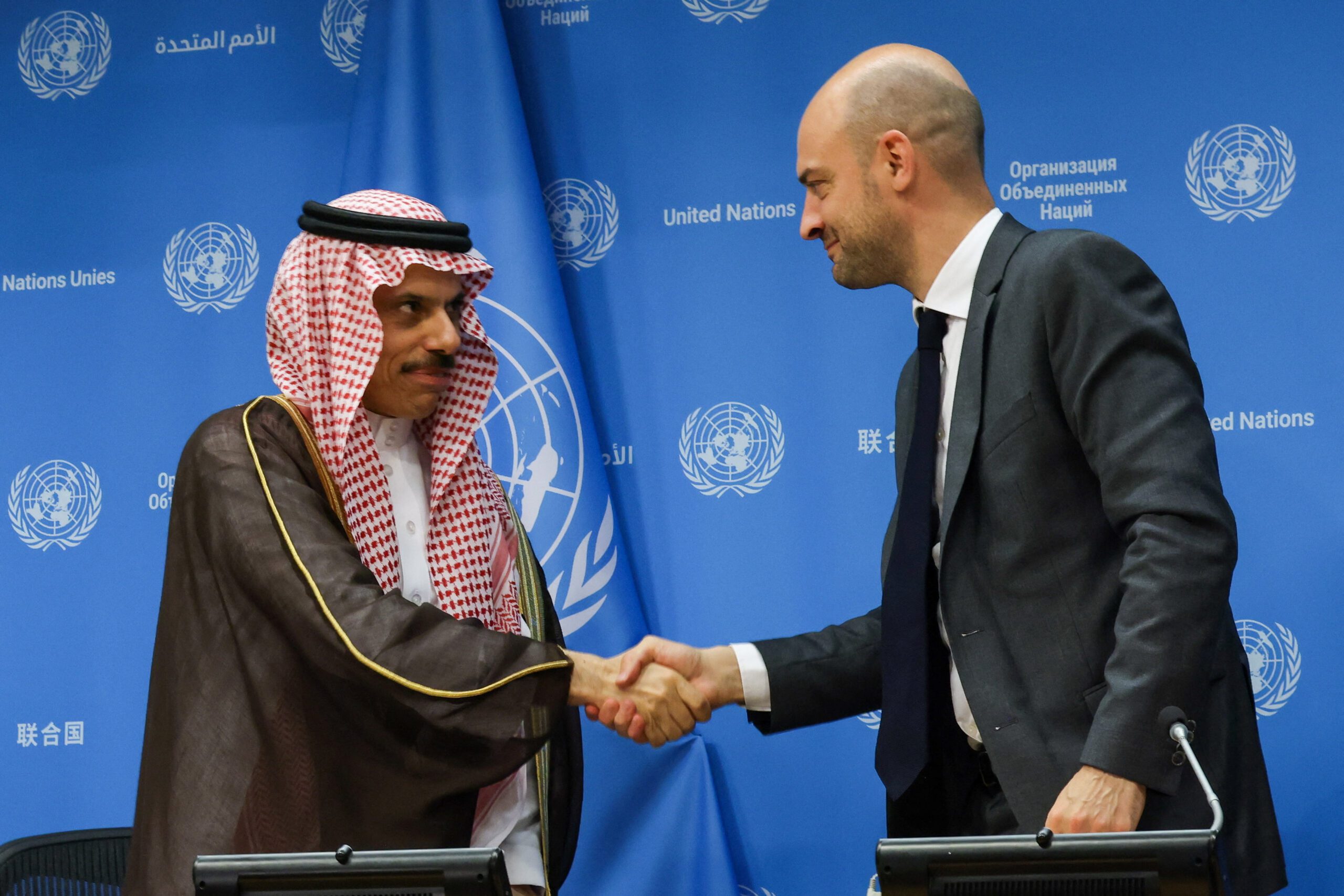


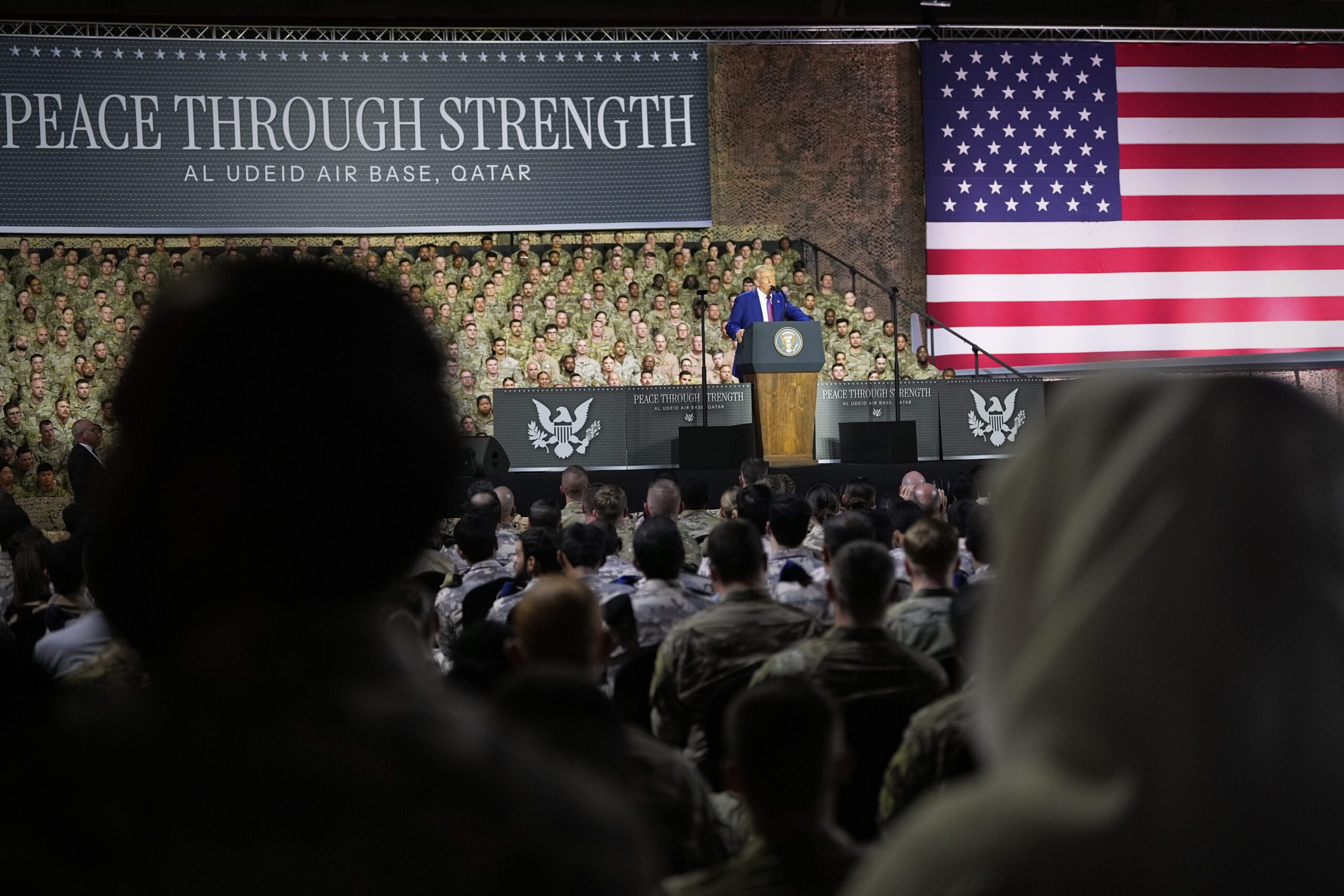

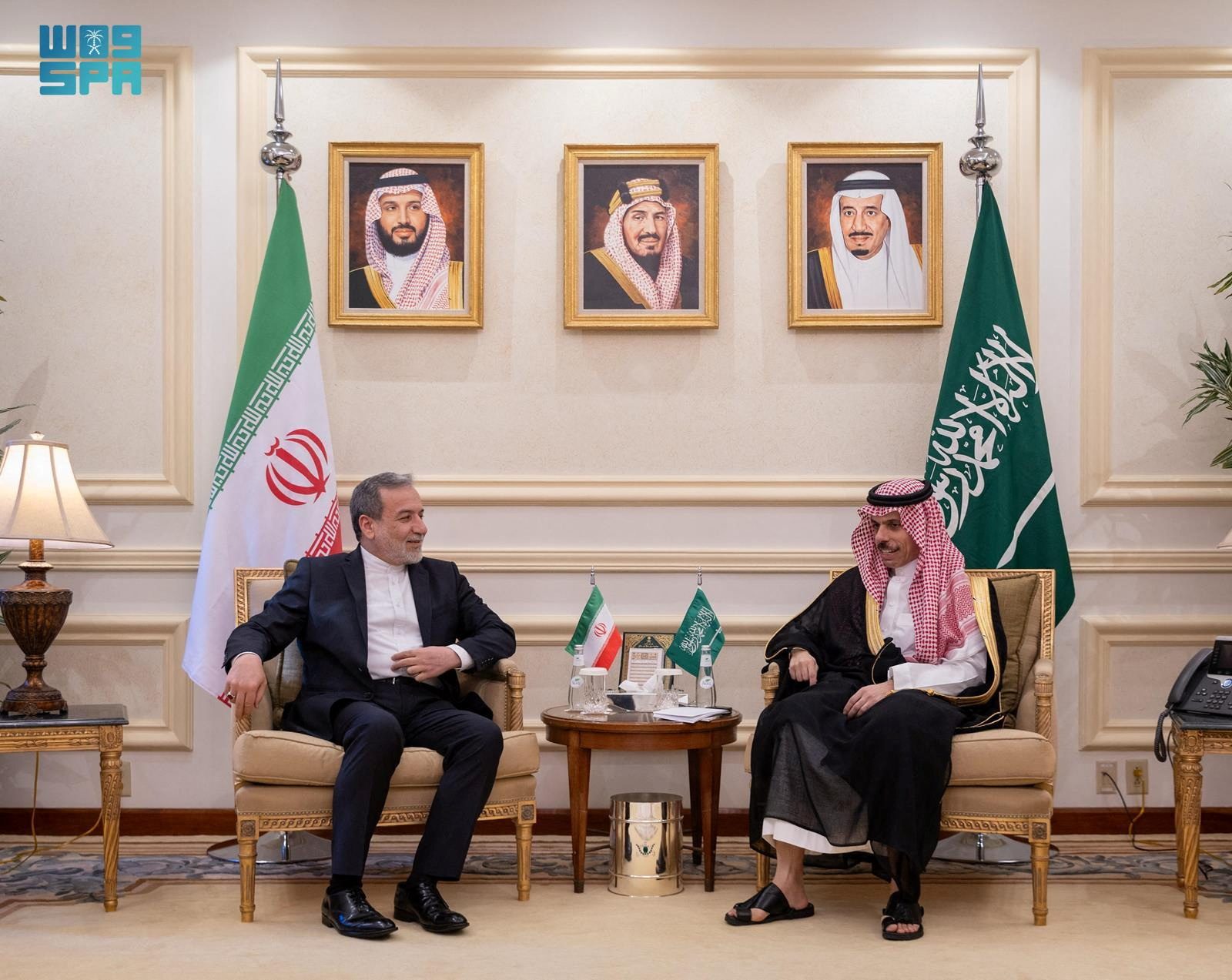

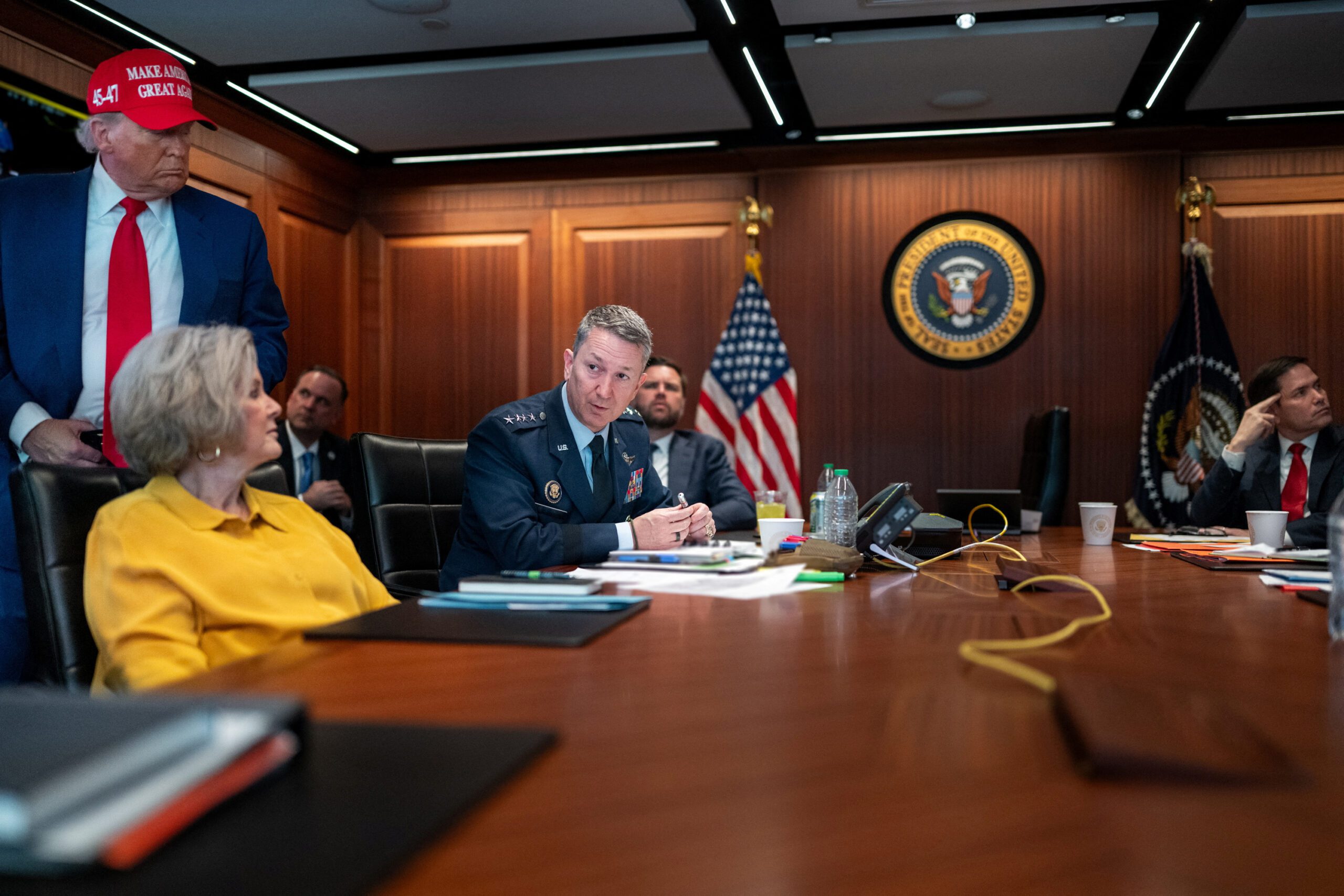
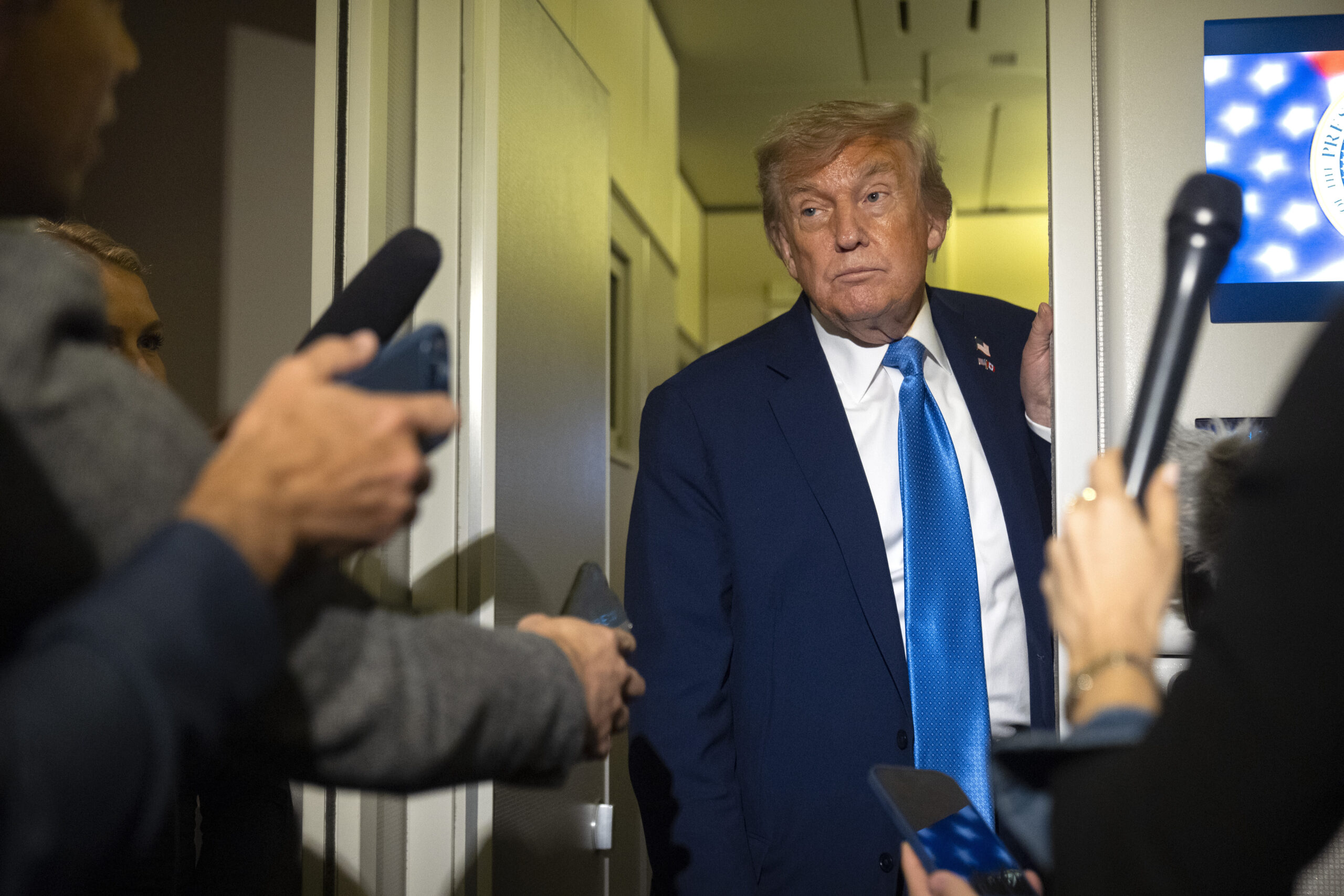
















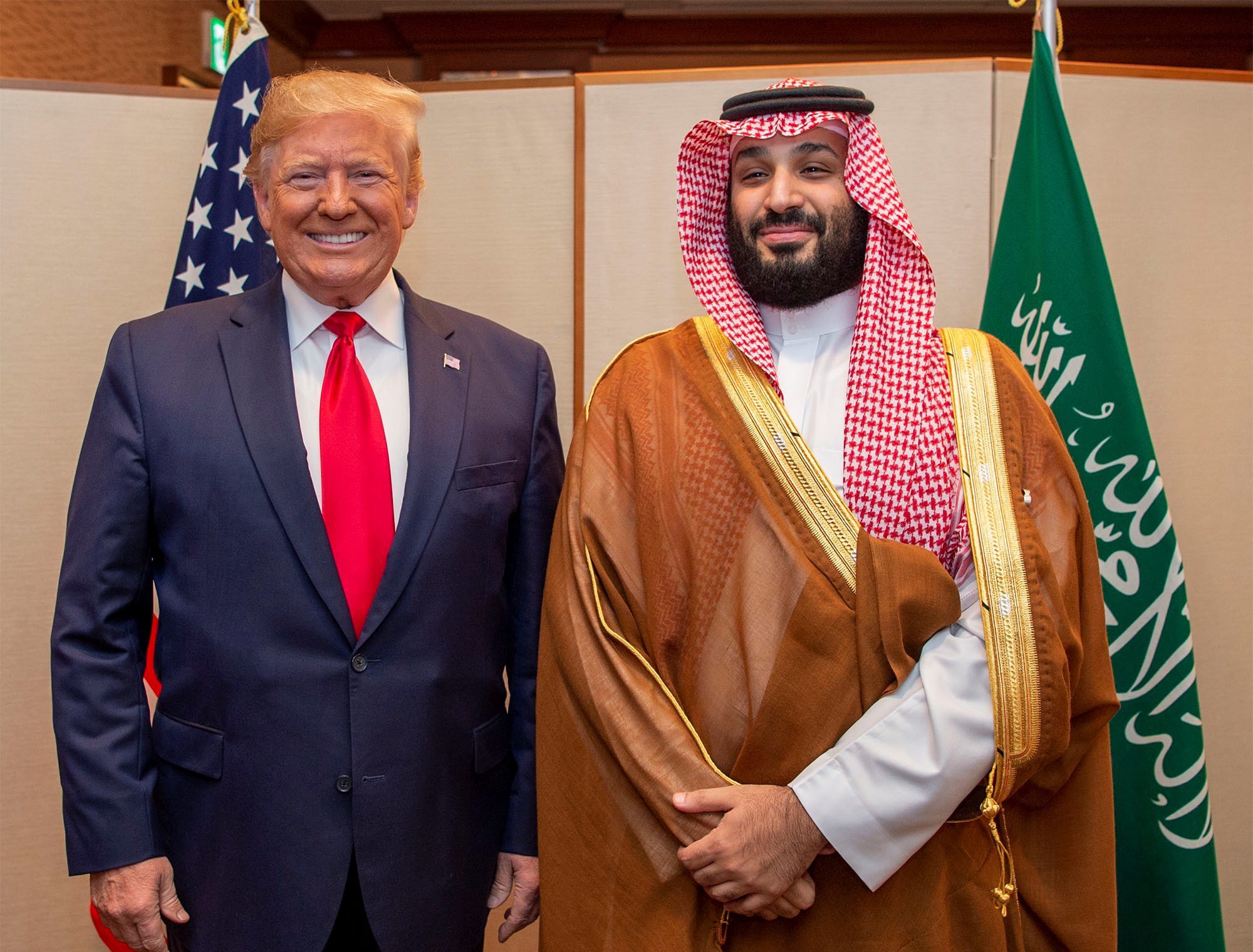

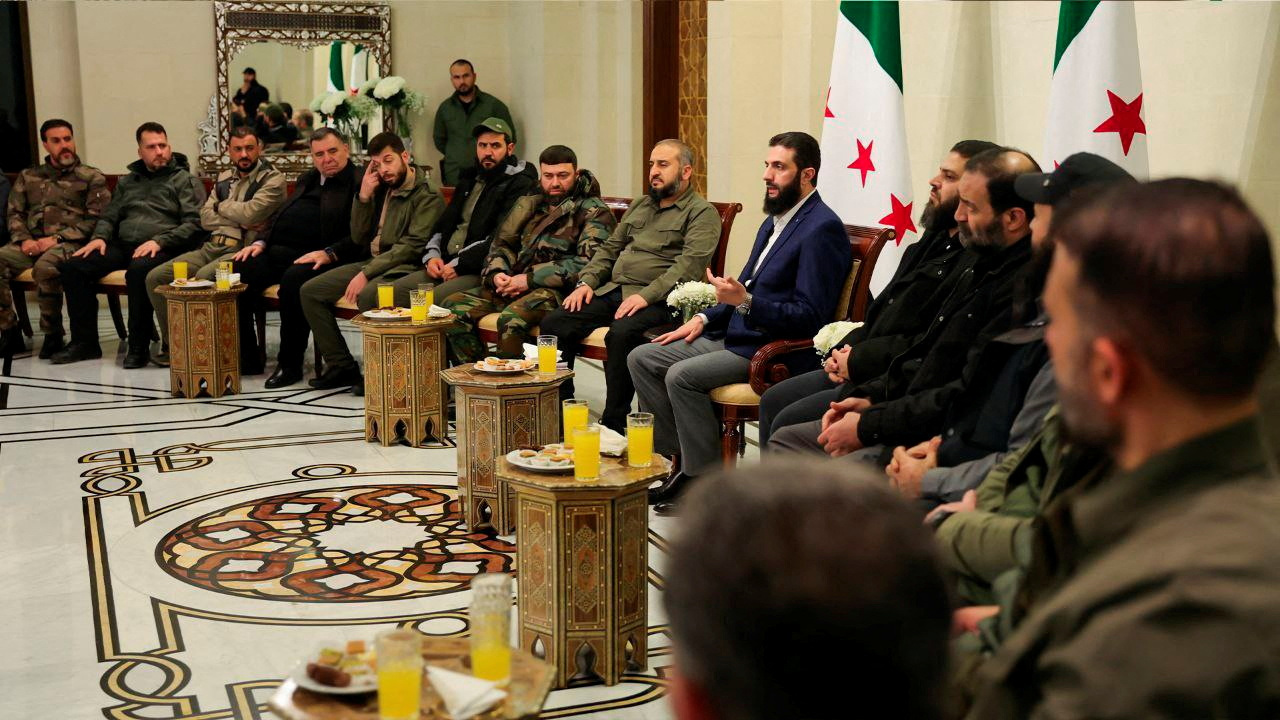

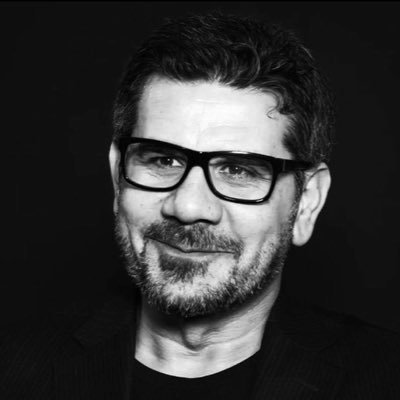
Jan 9, 2017
Trump’s attitude towards Russia is confounding
The biggest fault line potentially facing the incoming Trump administration in the United States has become clear: relations with Russia. On no other issue is president-elect Donald Trump so isolated or baffling. During the campaign he repeatedly expressed inexplicable admiration for Russian president Vladimir Putin, and this has only intensified since. Mr Trump has issued...
4 min read